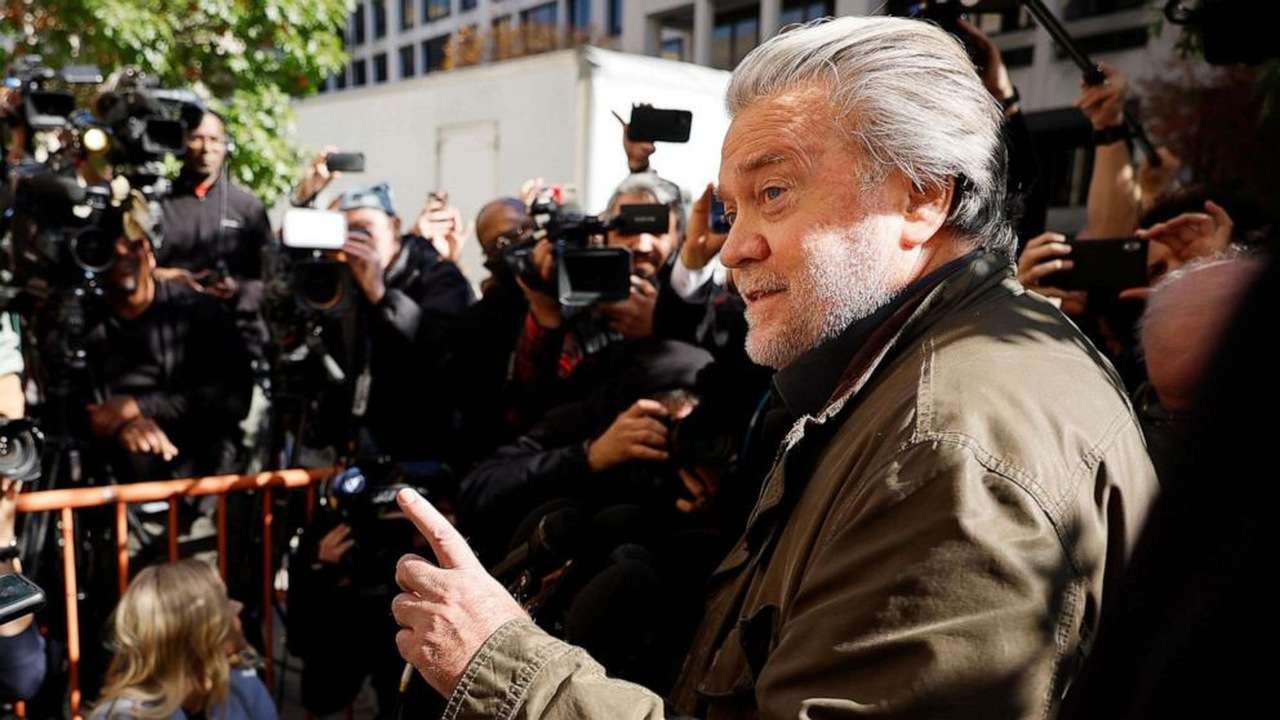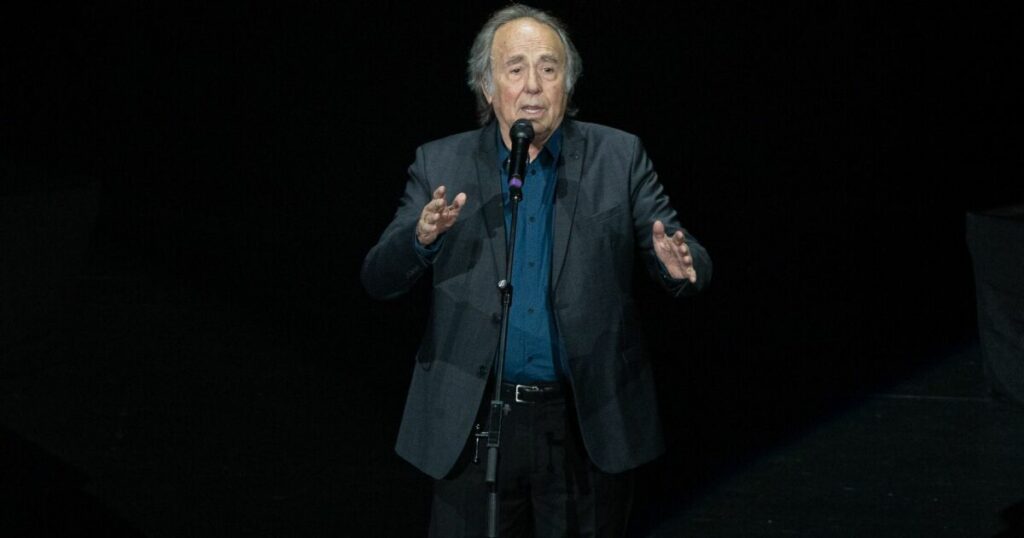Steve Bannon, a longtime ally of former President Donald Trump, was sentenced Friday to serve four months behind bars after defying a subpoena from the House committee investigating the January 6 riots at the US Capitol.
US District Judge Carl Nichols allowed Bannon to remain free pending appeal, a potentially lengthy process. And he also imposed a fine of $6,500 as part of the sentence. Bannon was convicted in July on two counts of contempt of Congress: one for refusing to testify and the other for refusing to provide documents.
Nichols handed down the sentence after saying the law made it clear that contempt of Congress is subject to a mandatory minimum sentence of at least one month behind bars. Bannon’s attorneys had argued that the judge could have sentenced him to probation. Prosecutors had asked that Bannon be sent to jail for six months.
“In my view, Mr. Bannon has not taken responsibility for his actions,” Nichols said before sentencing. “Others must be deterred from committing similar crimes.”
The House panel had sought testimony from Bannon about his involvement in Trump’s efforts to nullify the 2020 presidential election. Bannon has yet to testify or provide any documents to the committee.
Federal prosecutor asks for six months in prison and a $200,000 fine for Steve Bannon
Prosecutors argued that Bannon, 68, deserved a longer sentence because he had pursued a “bad faith strategy” and because his public statements disparaged the committee itself, making it clear that he wanted to undermine their efforts to get to the bottom of the violent attack.
“He chose to hide behind fabricated claims of executive privilege and advice from counsel to mock Congress,” prosecutor JP Cooney said.
“Your honor, the defendant is not above the law, and that is exactly what makes this case important,” Cooney said. “We must make it clear to the public, to citizens, that no one is above the law.”
The defense, meanwhile, said Bannon was not acting in bad faith, but rather trying to avoid running afoul of executive privilege objections that Trump had raised when he first received a subpoena from the committee last year. The former presidential strategist said he wanted a Trump lawyer in the room, but the committee wouldn’t allow it.
In sentencing, the judge noted that Bannon had a lawyer and while his advice might have been “too aggressive,” he seemed to be following it. “Mr. Bannon did not completely ignore the fact that he had received the subpoena, nor did he fail to engage with the committee at all,” Nichols said.
Many other former White House aides have testified only with their own attorney. Bannon had been fired from the White House in 2017. He was a private citizen when he consulted with the then president before the riots.
Before the judge ruled, Bannon’s attorney, David Schoen, made an impassioned argument against the committee, saying Bannon had simply done what his attorney had asked him to do under Trump’s objections of executive privilege.
Addressing court on Friday, Bannon told reporters, “This illegitimate regime, their day of reckoning is November 8 when the Biden administration ends.” Bannon did not speak during the hearing. He just said: “My lawyers have spoken for me, your honor.”















